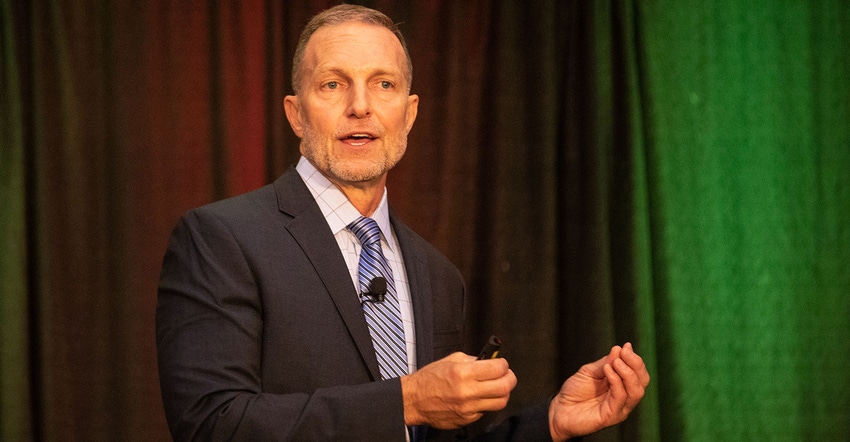
How has the COVID-19 pandemic changed the way consumers buy meat?
According to Michael Uetz, Midan Marketing principal, it’s driven more consumers to order beef in restaurants, and made everyone more likely to experiment with new cuts and recipes at home. Uetz presented the findings of his company’s recent meat consumer research at the 2021 Beef Improvement Federation Symposium and Conference. They surveyed a total of 2,200 meat consumers throughout two portions of the study via a sampling method.
The research was done to understand consumers’ perspectives and their feelings, Uetz said. The big takeaway: Producers and meat industry professionals need to get more specific with consumers. His firm conducted the first Meat Consumer Segmentation Study in January 2019 and divided responses into five groups of meat consumers based on attitudes, values and behaviors.
Those characteristics:
Protein progressives. These folks enjoy consuming all protein, but especially meat. Efficiently market to this group by showcasing meat’s benefits.
Family-first food lovers. They like to cook, especially new meals, and prefer grass-fed over grain-fed beef. Promoting meat to these consumers is best done through sharing recipes and sharing stories.
Aging traditionalists. These folks prefer conventional meat without any claims. These individuals just want to know the nutrient values of meat.
Convenience chasers. As the name implies, this group enjoys convenient meals and is price-conscious. Like aging traditionalists, they have little interest in health claims.
Wellness divas. Health is the focus of this group, and effective marketing to them will center on meat nutrition.
Uetz said they followed up on this study with another in September 2020. This time, they learned the meat industry has benefited from pandemic lifestyles.
Uetz said when consumers couldn’t eat at restaurants, it made them crave more meat, specifically beef. Prime beef volume sales were up by 55% in 2020.
A few more takeaways from the follow-up study:
59% of shoppers are experimenting with new cooking methods of meat and poultry.
46% of consumers will most likely order beef during their next dining out experience.
57% of meat purchasers have bought meat online since the beginning of the pandemic.
Marketing advice
Uetz reminisced on the simple nature of meat shopping during his childhood, when the biggest concerns were preference, taste and cost. Today, consumers have a lot more on their minds, including convenience, health claims and trust in products.
When it comes to marketing to today’s meat consumers, trust is key — and it is lacking. Uetz said only 33% of young consumers trust the food industry.
This provides a chance for producers to step up and build shoppers’ confidence.
“Transparency fosters trust — the foundation of strong and lasting affinity for the category and retailer,” Uetz said. “Producers need to be proactive, increase our transparency and talk directly to consumers.”
In addition to transparency, Uetz said cattle producers need to understand health and wellness, e-commerce, sustainability, and new technologies to earn shoppers’ trust. Consumers will not purchase meat products unless they have belief and confidence in producers.
Watch Uetz’s presentation below.
About the Author(s)
You May Also Like






